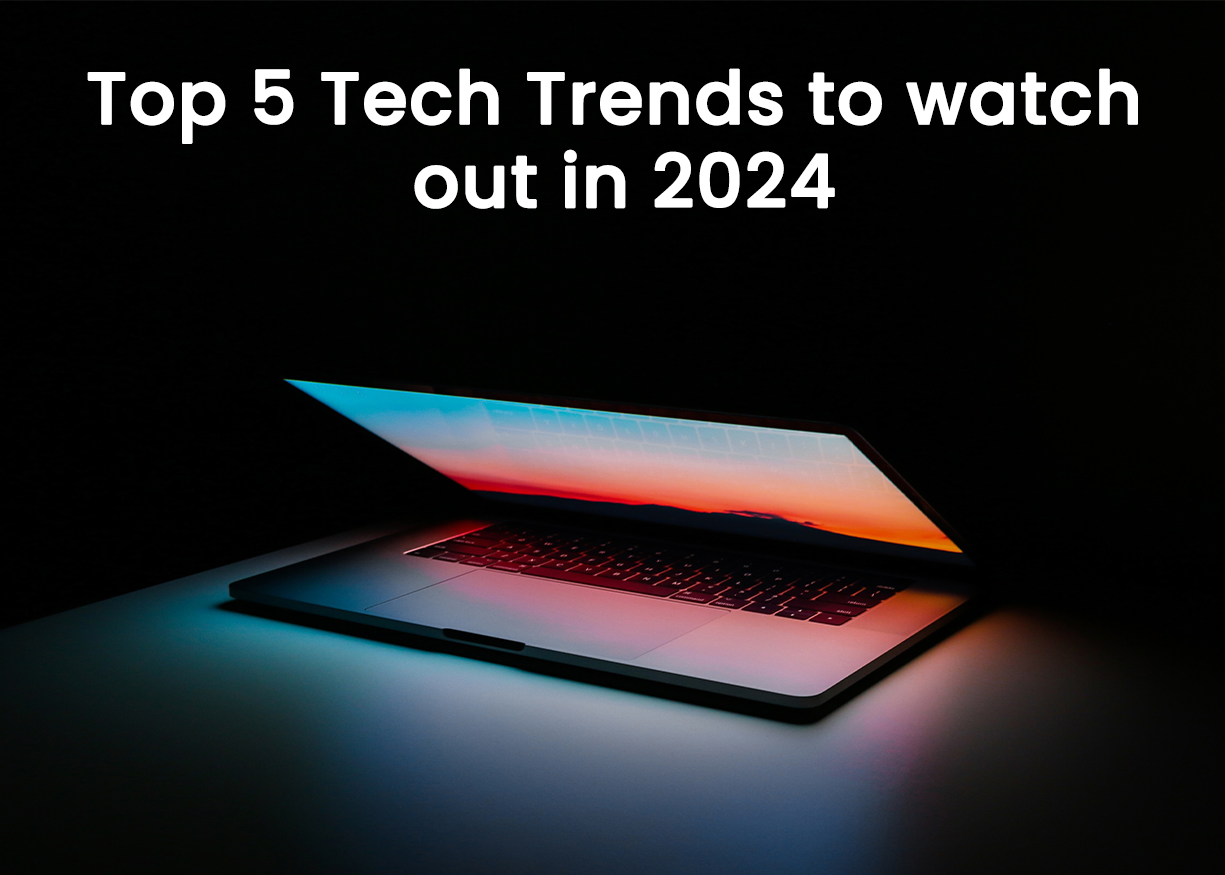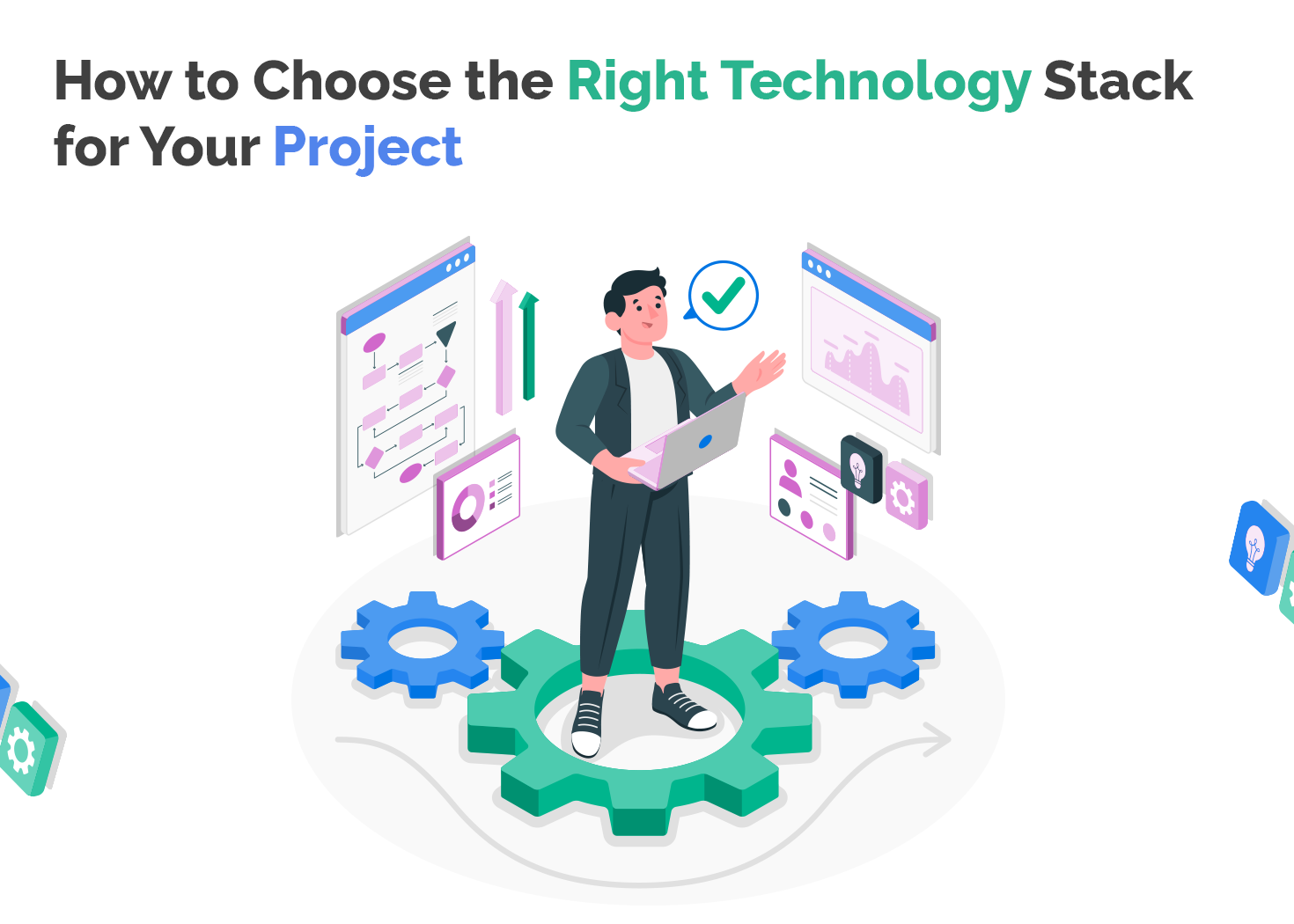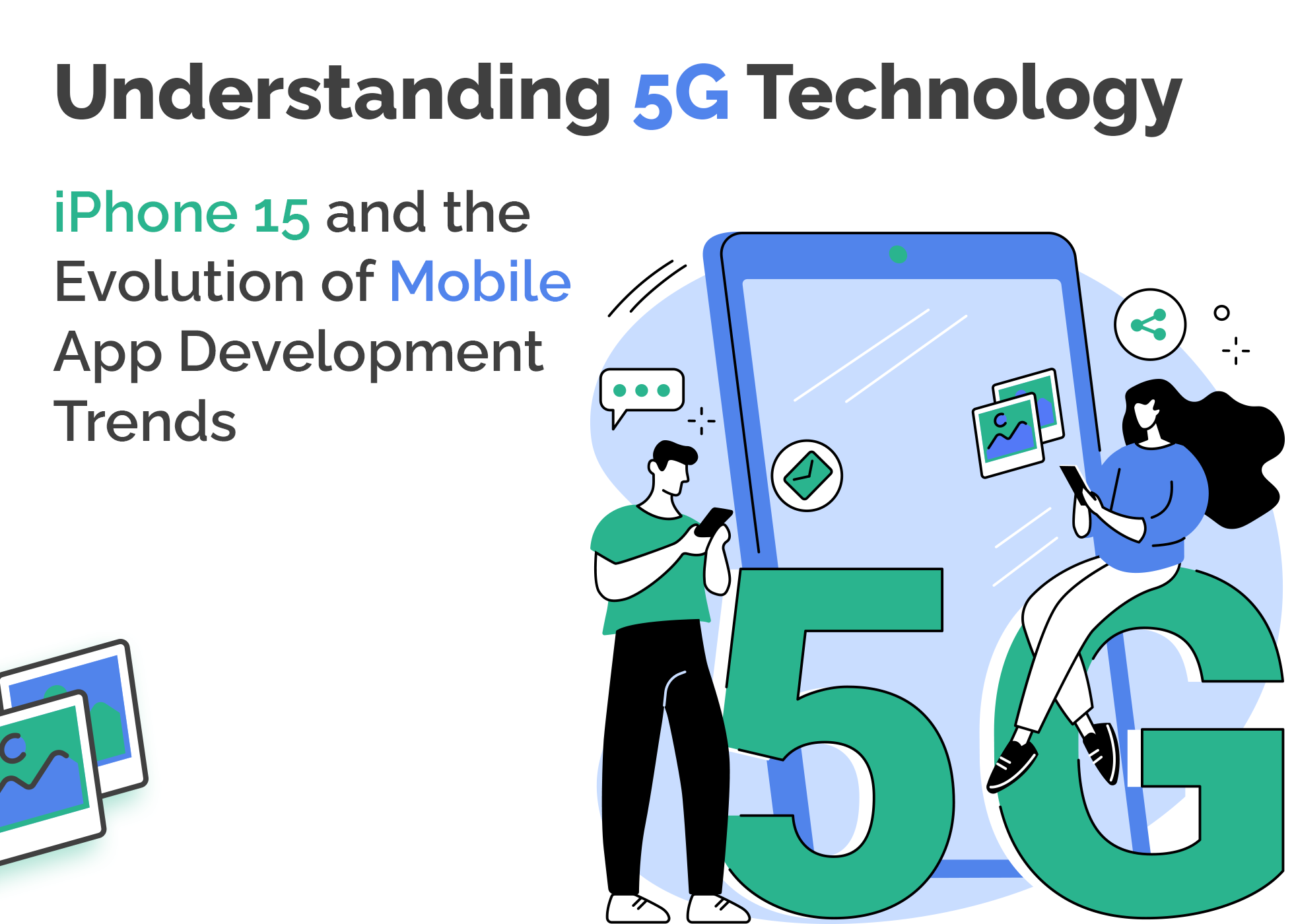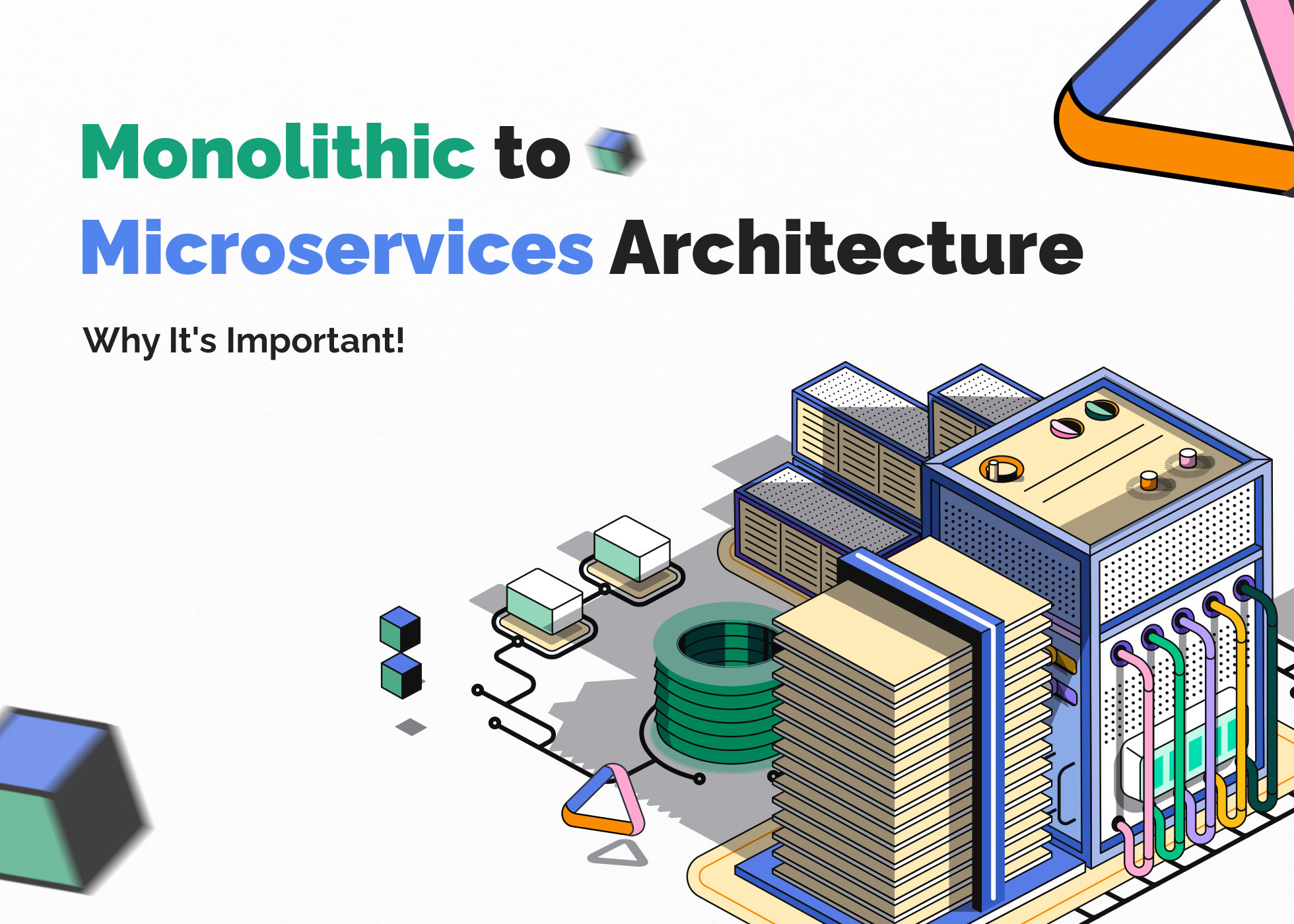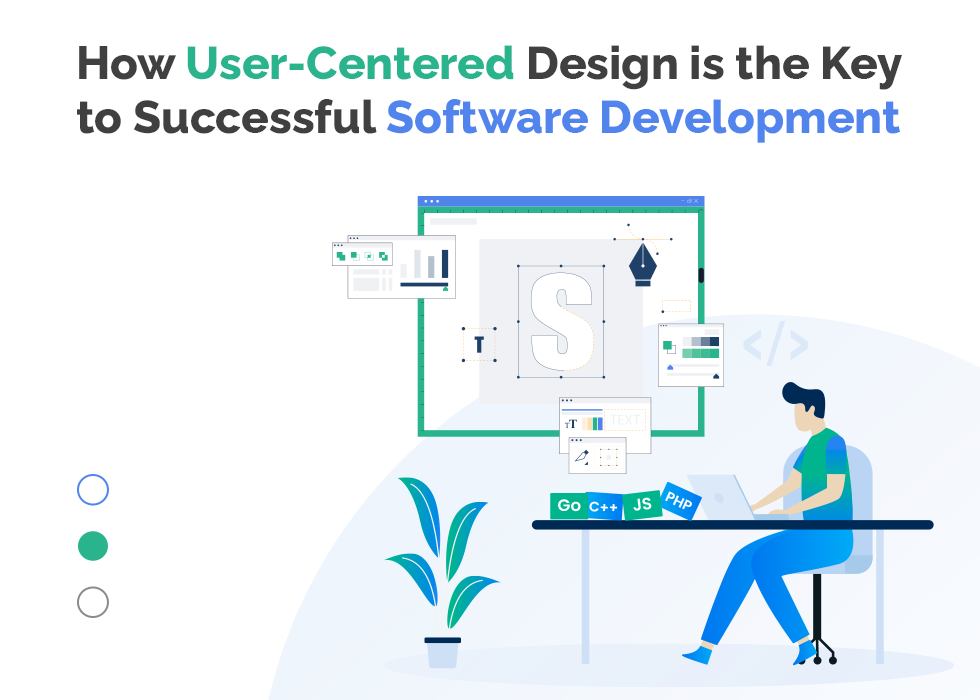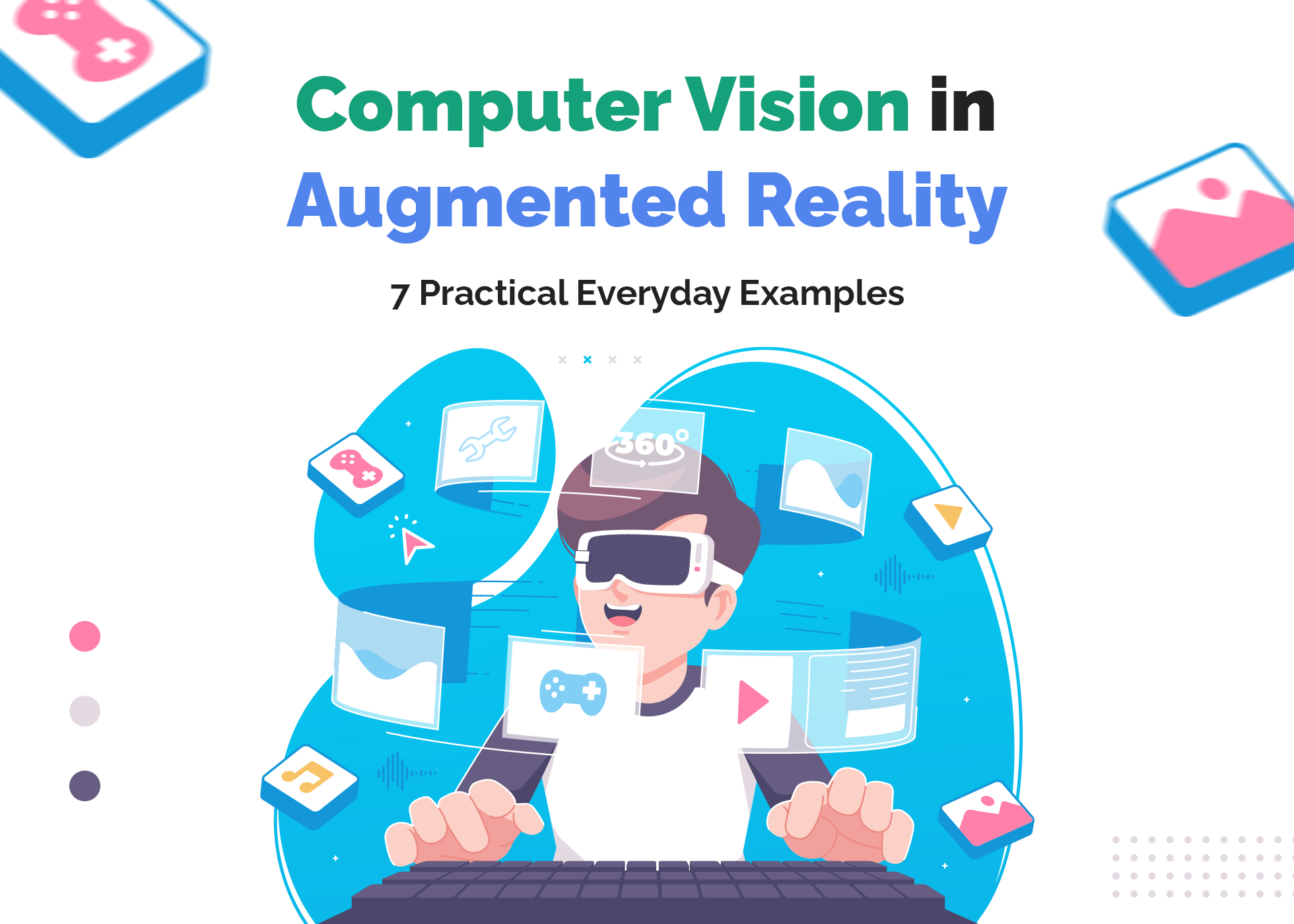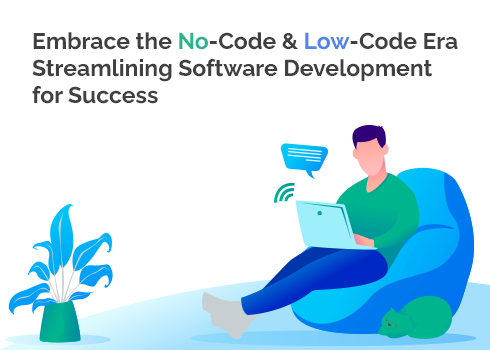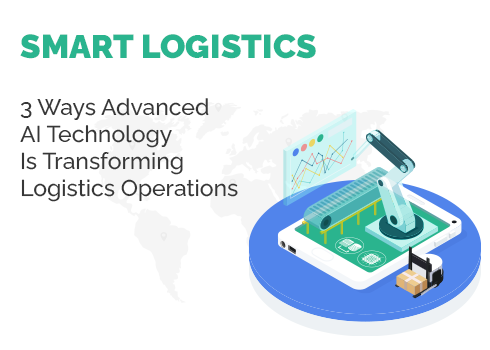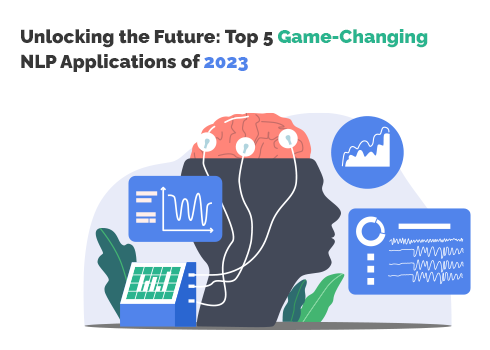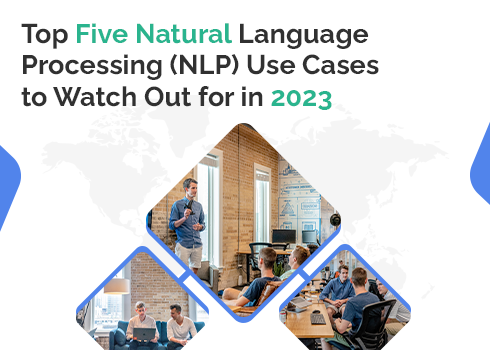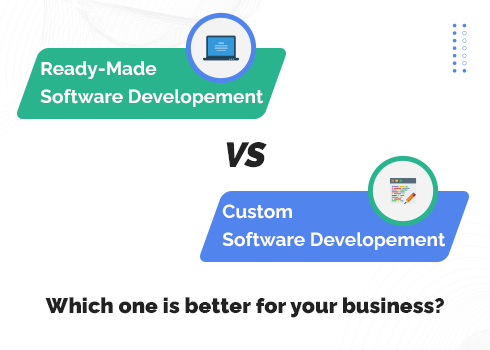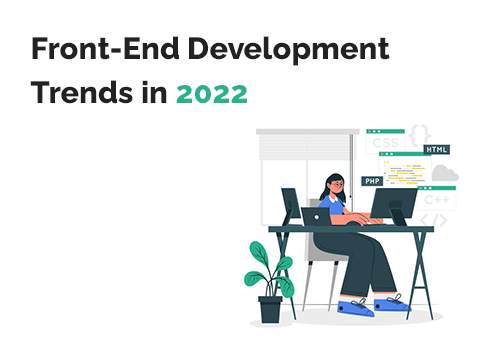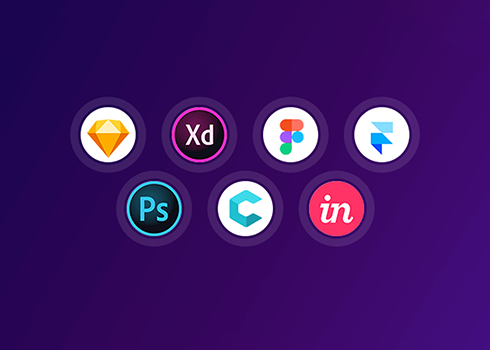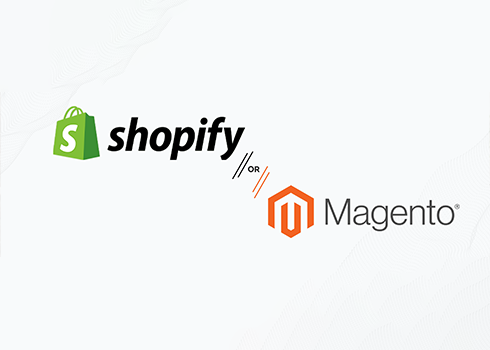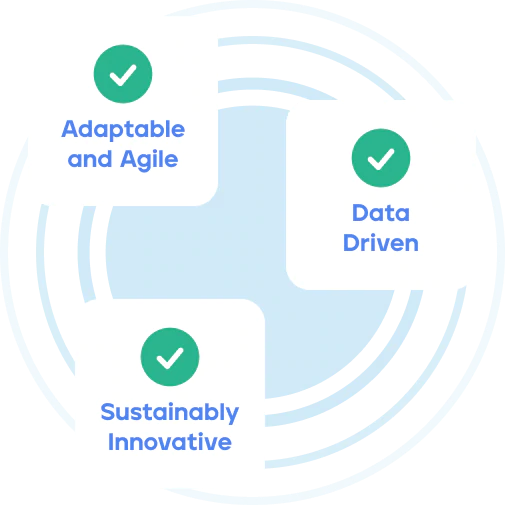Natural Language Processing (NLP) refers to the branch of computer science — and more specifically, the branch of artificial intelligence (AI)— that aims to combine the domains of linguistics, computer science, and artificial intelligence. It enables machines to decipher and process human language as closely as possible.
The widespread adoption of NLP is driven by several factors such as the rise in smart devices that bridge the gaps between human-to-machine communication, advancements in healthcare through NLP applications, and the extensive use of cloud-based solutions. Although still in its infancy, Natural Language Processing has gained much awareness among the masses in recent years – thanks to the growing popularity of virtual assistants like Alexa, and Siri and innovative chatbots like ChatGPT and GPT-3 and GPT-4.

Good to know
The roots of Natural Language Processing (NLP) trace back to the 1950s when Alan Turing proposed the concept of a machine that could simulate human intelligence. Known as The Turing Test, a method was introduced by Alan Turing to empirically determine whether a computer can imitate human-like responses. (See the details)
A recent report published by Fortune Business Insights states that the global Natural Language Processing (NLP) market size is expected to increase from $24.10 billion in 2023 to $112.28 billion by 2030, exhibiting a compound annual growth rate (CAGR) of 24.6%. Key players like Hewlett Packard Enterprise Development, Amazon, Google, and IBM, have already jumped on the bandwagon to develop revolutionary products and applications around NLP. According to IBM’s AI Adoption Index 2022 report, IT professionals at larger companies are more likely to use NLP solutions for security (42%), customer care (39%), and business development (37%).
We’ve created this blog to highlight some significant advancements and popular applications of Natural Language Processing (NLP) in 2023.

Top 5 Natural Language Processing (NLP) Use Cases to Watch Out for in 2023
Sentiment Analysis
Sentiment analysis, also known as opinion mining, is an advanced NLP technique used to determine the polarity of data, whether it is positive, negative, or neutral. This technique is commonly applied to text-based data to help businesses monitor the sentiment surrounding their brand and products through customer feedback. This enables them to gain insights into customer requirements and preferences.
Real-World Application: FedNLP is an interpretable NLP system that decodes and analyzes Federal Reserve Communications with no coding. This system is designed for end-users to explore how NLP techniques can assist their understanding of the Fed's communications. Behind the scenes, FedNLP employs various NLP models, ranging from traditional machine learning algorithms to deep neural network architectures, without the need to code.

AI-backed Machine Translation
Language translation has come a long way. NLP has played a crucial role in developing machine translation systems, revolutionising the way we bridge language barriers. Neural Machine Translation (NMT) models such as Google Translate, have significantly improved translation quality by utilising deep learning techniques. These models leverage vast amounts of data to provide more fluent and accurate translations, making communication across languages more accessible than ever. NLP is also making strides in sign language translation.
Real-World Example: SignAll is a remarkable tool that facilitates communication between individuals who are deaf or hard of hearing and those who do not possess sign language proficiency. This innovative technology utilises a camera to visually perceive and interpret sign language, subsequently translating it into written words. In addition to its primary application, this technology is anticipated to find utility in the realm of virtual reality (VR).
Next Generation of Virtual Agents: NLP-powered Chatbots
After taking the world by storm after its latest release in November 2022, the growth of ChatGPT as an analytics tool has been nothing short of spectacular. Big Tech giants like Microsoft, Google, and e-commerce behemoth Alibaba have started rolling out their own versions of ChatGPT.
Real-World Example: Cryptocurrency exchange and blockchain developer Binnacle recently launched Binnacle Sensei, an AI-driven tool integrated into its education platform, Binnacle Academy. Powered by ChatGPT, it helps users access the wealth of knowledge and expand their knowledge in the rapidly evolving world of blockchain and cryptocurrency.
NLP in Healthcare
The adoption of NLP in healthcare is on the rise because of its recognised potential by health systems to search, analyse and interpret mammoth amounts of patient datasets. NLP is making significant contributions by speeding up the process of digitising paper medical records and analysing healthcare data, research papers, and clinical notes. It helps extract valuable information for clinical decision support, patient monitoring, disease detection, and pharmacovigilance, ultimately leading to improved patient care.
Real-World Example: Amazon Comprehend Medical is a HIPAA-eligible natural language processing (NLP) service that uses pre-trained machine learning to understand and extract health data from medical text, such as prescriptions, procedures, or diagnoses.
Speech Recognition and Voice Assistants
Popular voice assistants like Siri, Google Assistant, and Alexa rely on NLP techniques to understand spoken language and respond accordingly. NLP in these applications helps process user commands, extract intents, and carry out tasks such as setting reminders, playing music, or providing information. Another revolutionary technology powered by NLP is Text to Speech recognition, a speech synthesis application that processes text and reads it out loud like a human.
TTS generators are used in various ways, including as an assistive technology for people with learning difficulties, and by businesses and creators.
Real-World Example: Murf AI, a tool that leverages advanced AI algorithms and deep learning, is a realistic online voice generator that allows its customers to convert text into natural-sounding speech.
At Gigalabs, our passion lies in harnessing the power of natural language processing NLP and other such transformative technologies to help businesses realize their AI and ML objectives. With the support of our team, we’re dedicated to delivering the best possible results for our clients. Contact us today to get a free consultation @ info@gigalabs.co.







